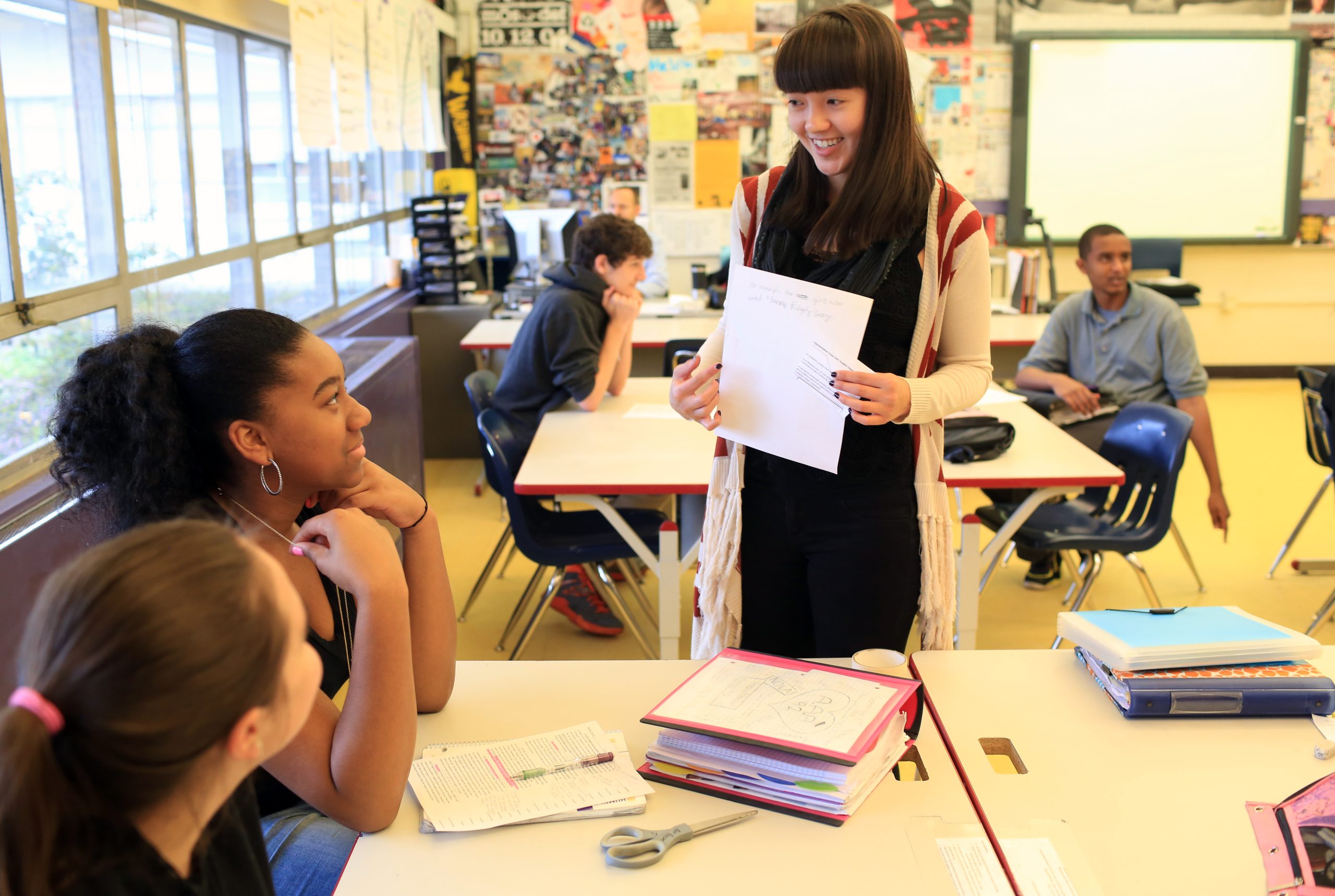In the pursuit of a fulfilling and vibrant life, the significance of health education cannot be overstated. This article delves into the pivotal role of health education in promoting physical and mental well-being, preventing diseases, and fostering a comprehensive awareness of holistic health.
1. Nurturing Physical and Mental Well-being:
Health education serves as a guiding light on the path to physical and mental wellness. It encompasses a broad spectrum of knowledge, from the essentials of nutrition and exercise to the nuances of mental health. By equipping individuals with the tools to make informed choices, health education becomes a cornerstone for achieving and maintaining a balanced and healthy lifestyle.
2. Disease Prevention as a Priority:
One of the key objectives of health education is to empower individuals with the knowledge and practices necessary to prevent diseases. From understanding the importance of vaccinations to adopting healthy habits that boost the immune system, health education acts as a proactive shield against various health risks. By disseminating information on preventative measures, individuals are better prepared to safeguard their well-being.
3. Holistic Health Consciousness:
Health education goes beyond the physical realm, delving into the intricacies of mental and emotional well-being. It aims to break down the stigma surrounding mental health issues, promoting open dialogue and awareness. By nurturing a comprehensive understanding of holistic health, individuals are encouraged to prioritize self-care, stress management, and emotional resilience as integral components of their overall well-being.

4. Lifestyle Choices and Healthy Habits:
Central to health education is the emphasis on lifestyle choices and cultivating healthy habits. It explores the impact of daily decisions on health outcomes, from dietary preferences to exercise routines. By fostering an awareness of the long-term effects of lifestyle choices, health education empowers individuals to make positive changes that contribute to a healthier and more fulfilling life.
5. Community and Social Health:
Health is not merely an individual endeavor; it is deeply intertwined with the well-being of communities. Health education encourages collective responsibility and social support systems. It explores the impact of social determinants on health outcomes and advocates for community initiatives that promote health equity. By fostering a sense of shared responsibility, health education contributes to the creation of healthier and more resilient communities.

6. Empowering through Education:
Education is the cornerstone of empowerment, and health education is no exception. By providing individuals with knowledge, skills, and resources, health education enables them to take control of their well-being. Educational institutions play a crucial role in this process by integrating health curricula, promoting healthy campus environments, and encouraging a culture of well-being.
7. A Healthier Future:
In conclusion, health education is a beacon guiding individuals towards a healthier and more fulfilling future. It is a dynamic force that empowers individuals to make informed decisions, prevent diseases, and foster holistic well-being. As we embrace the principles of health education, we pave the way for a society where each person is not just aware of their health but actively engaged in the pursuit of a life rich in vitality and well-being.





